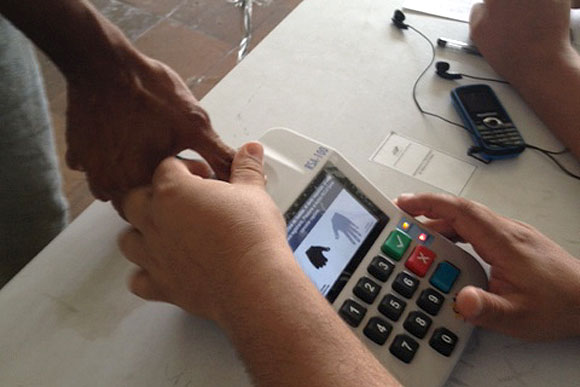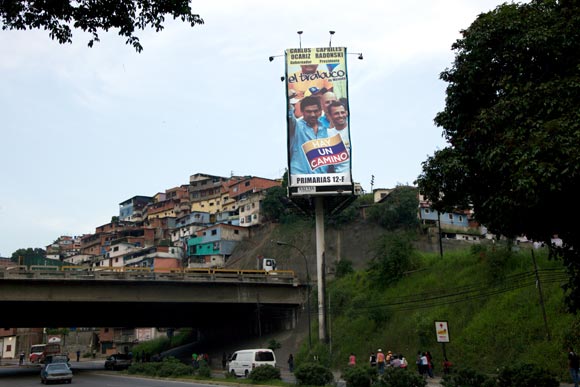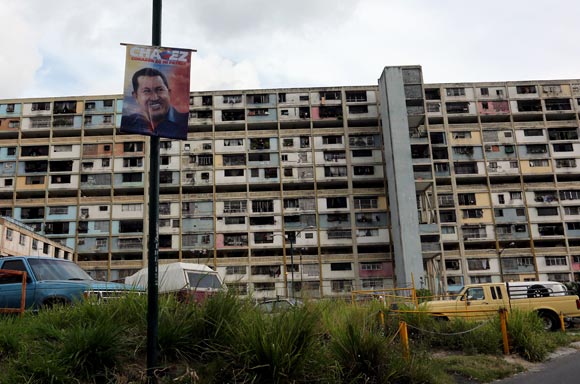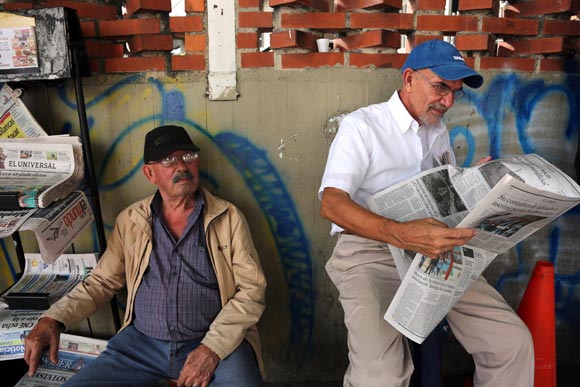Ahead of key Oct. 7 presidential elections in Venezuela, The Carter Center is conducting an independent study mission to follow the campaign, with political and electoral analysts interviewing political actors and technical experts on the ground.
The Carter Center also will send a small group of experts for an informal presence on election day to interview political actors and voters around the country, but not enter voting centers. Following the election, the Center will publish a report for the international community about Venezuelan perceptions of the electoral process and the results.
In August, The Carter Center declined an invitation from the Venezuelan National Electoral Council (CNE) to field a technical expert delegation to assess the automated voting system and accompany the elections because the invitation was received too late to organize the necessary experts and financing. The CNE has not invited international observation missions since 2006.
“The most important role in monitoring any electoral process belongs to the national citizens, including the political parties, national observer organizations, and the voters themselves,” said Jennifer McCoy, director of the Carter Center’s Americas Program. “Voters can participate in the verification of the electronic vote counts on election night when the paper receipts are counted, national observer groups are organizing to monitor election day, and the political campaigns are expected to field party witnesses in each voting site. Local universities and NGOs are monitoring campaign conditions and media access during the campaign. The Carter Center will use all of this information, in addition to interviews, in its report.”
Since 1998, The Carter Center has observed four elections and referendums in Venezuela.

A voter tests the fingerprint identification system during an Aug. 5 election simulation in Venezuela. (Photo: J. McCoy/Carter Center)

Campaign posters for opposition presidential candidate Henrique Capriles Radonski mark the beginning of the presidential election campaign in Caracas, Venezuela, in June 2012. Capriles has promised to continue popular social programs and to make government more efficient. (Photo: N. Friedman-Rudovsky/Carter Center)

The barrios of Caracas, Venezuela are some of the most dangerous in Latin America and a bastion of support for President Hugo Chavez. Chavez has vowed to tackle Caracas’ persistent housing problem, pledging to provide all citizens with dignified housing before the end of his potential next presidential term. (Photo: N. Friedman-Rudovsky/Carter Center)

A man reads the newspaper in Caracas. Venezuelan society and the media are extremely polarized, and The Carter Center is encouraging less partisan and more professional media reporting on Venezuela’s electoral process through a series of workshops ahead of the country’s Oct. 7 presidential election. These workshops offer one of the few spaces where journalists from diverse media participate together in the polarized society. Read more about the Carter Center’s efforts. (Photo: N. Friedman-Rudovsky/Carter Center)
Please sign up below for important news about the work of The Carter Center and special event invitations.